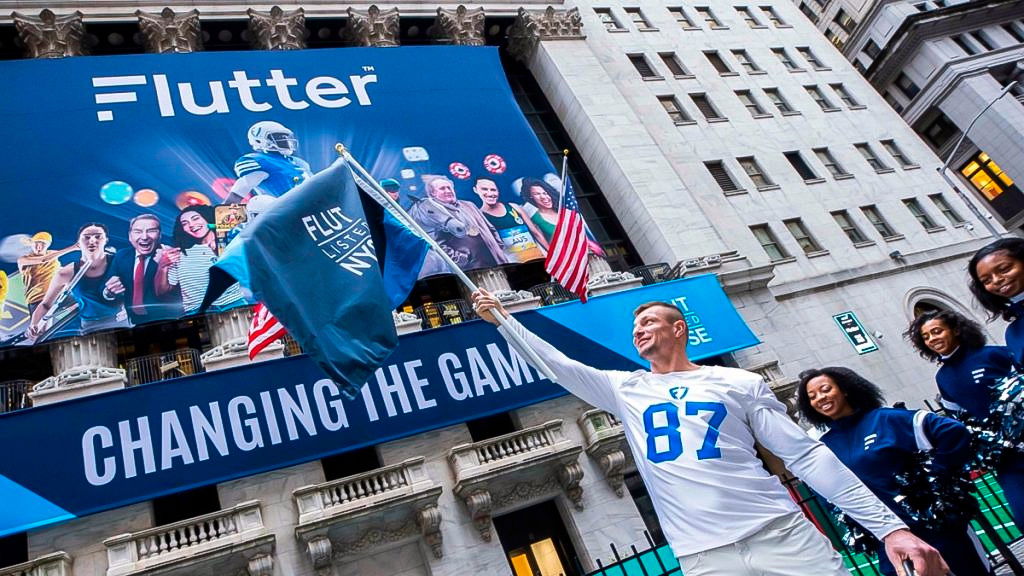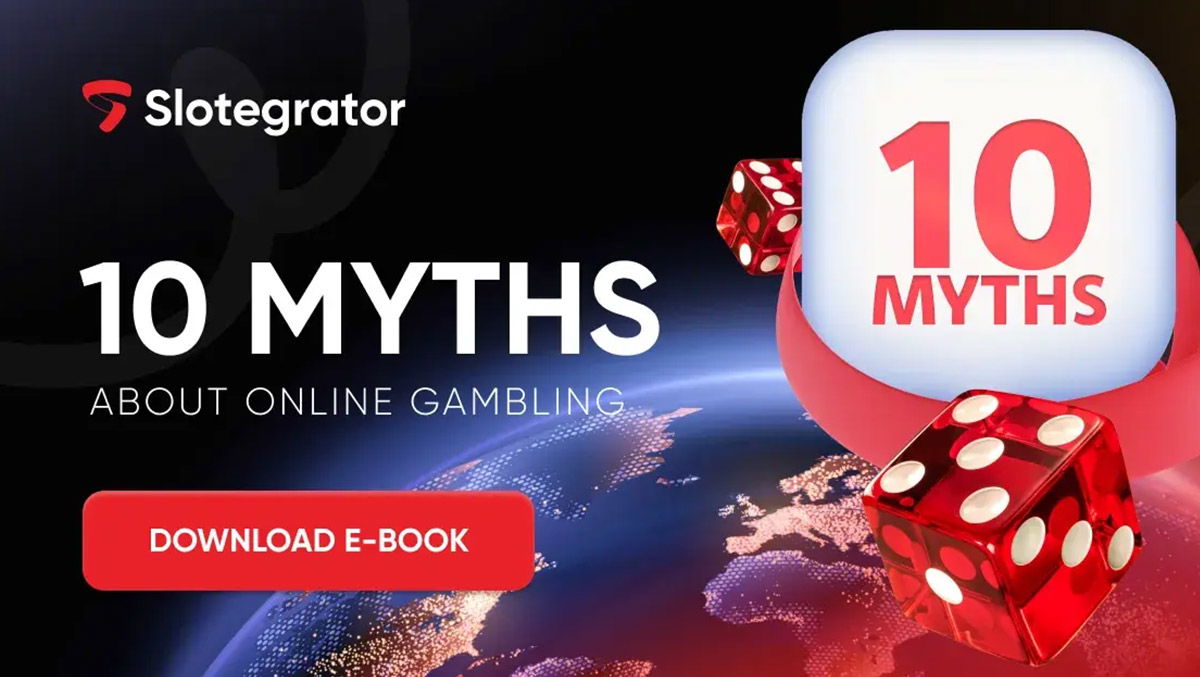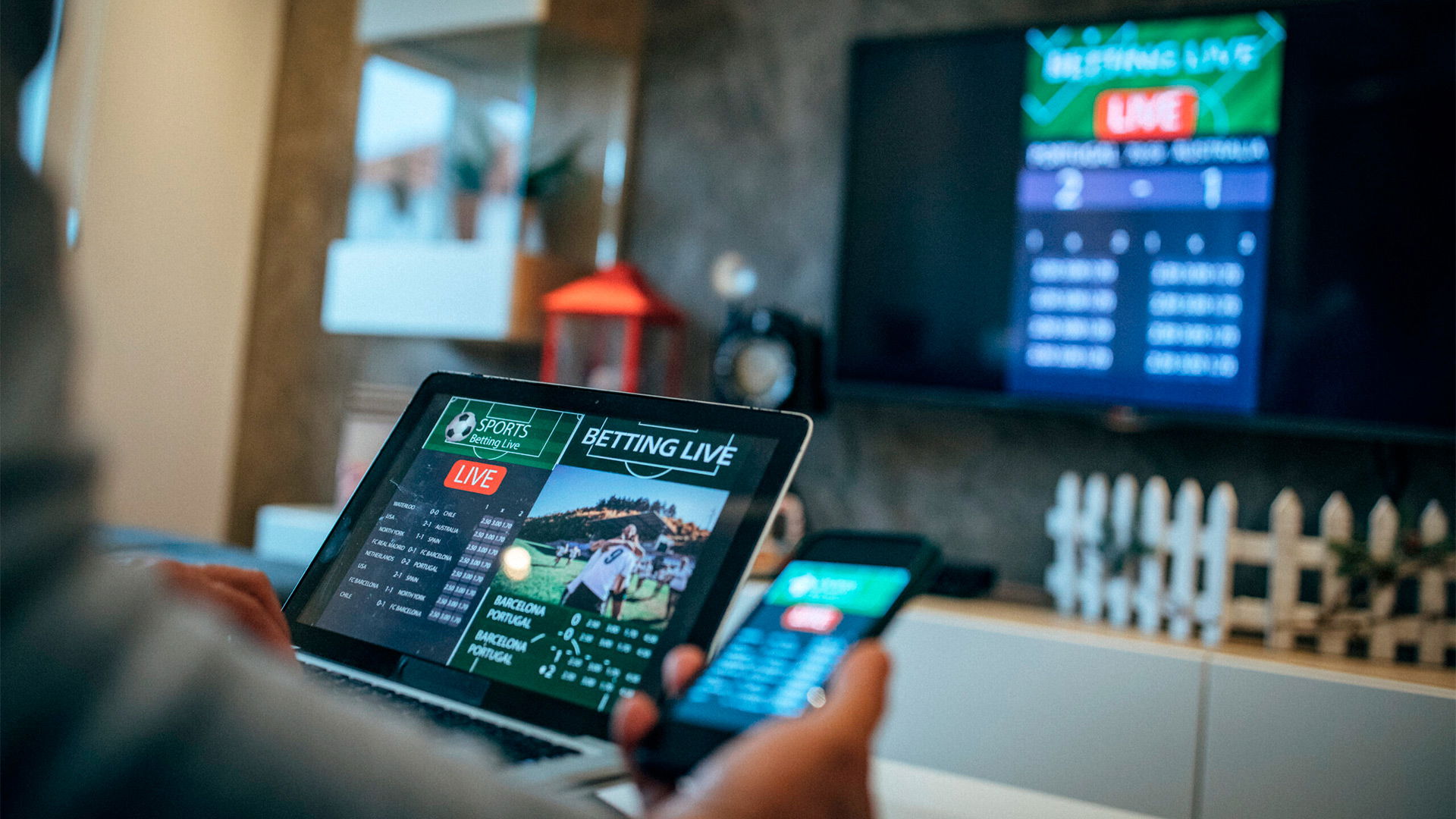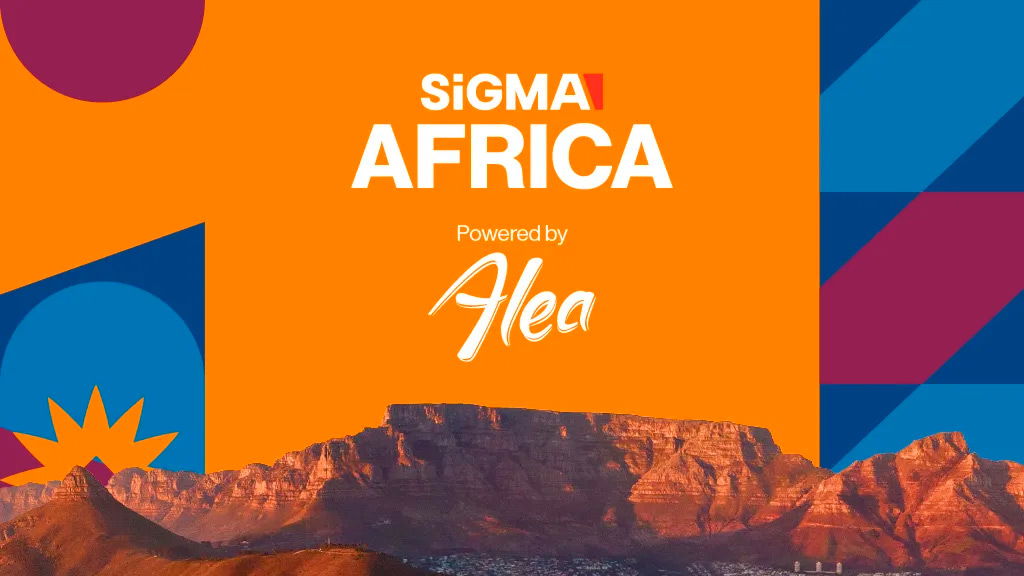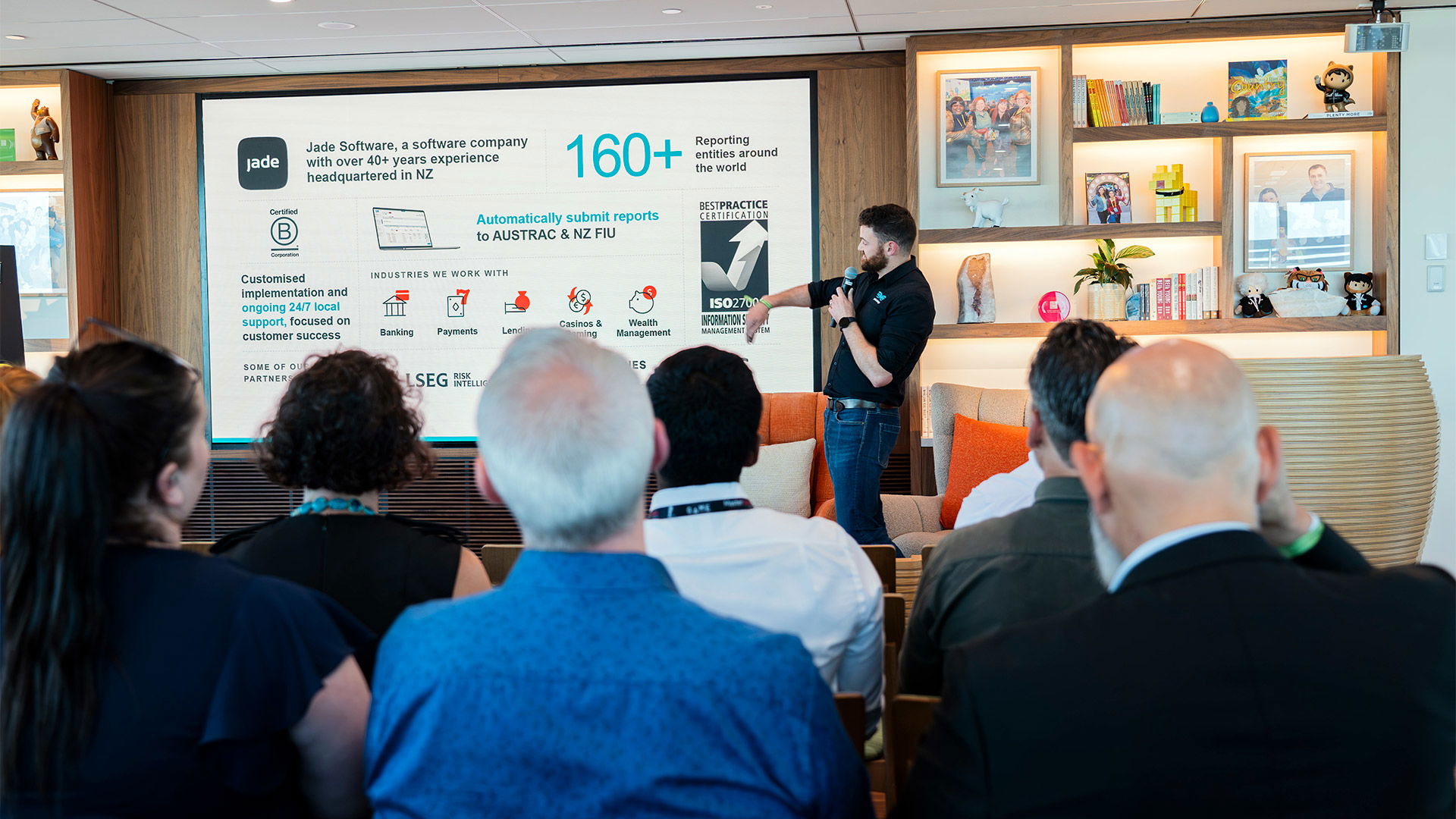Dutch court challenges Nederlandse Loterij monopoly after gambling policy ruling
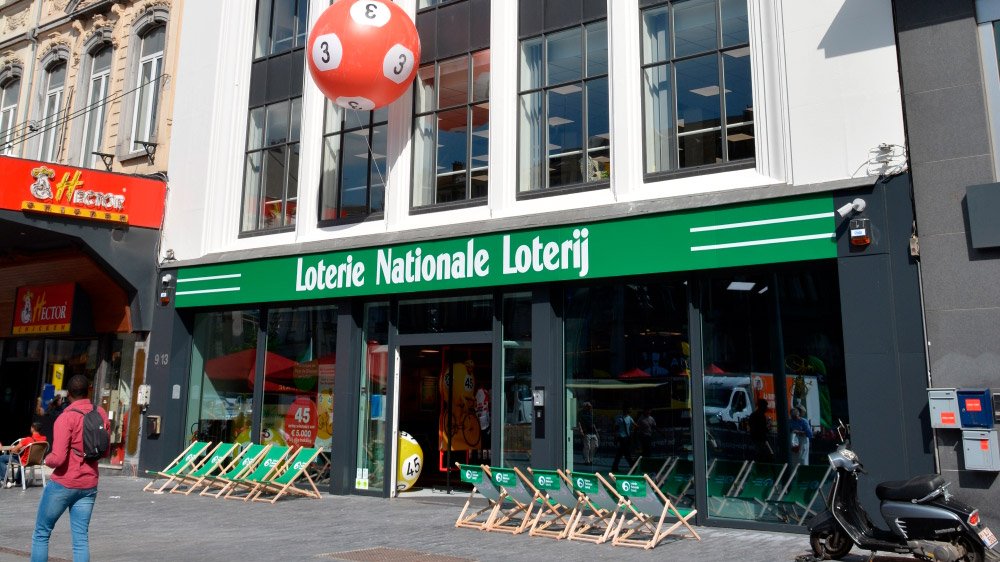
A ruling by the East Brabant District Court in the Netherlands has cast doubts over the longstanding lottery monopoly held by Nederlandse Loterij, following a legal challenge against the country's gambling regulator, de Kansspelautoriteit (KSA).
The dispute arose after gambling operator JVH Gaming, owner of Jack’s Casino and Jacks.nl, had its applications for various lottery licences rejected by the KSA in September 2022. While the business was not explicitly named in the ruling, Dutch media has identified JVH Gaming as the claimant.
The KSA justified its decision by citing the existing monopoly granted to Nederlandse Loterij, asserting that only one entity could hold such a licence under the prevailing policy framework.
However, the East Brabant District Court sided with the claimants, arguing that the continuation of a lottery monopoly under the Remote Gambling Act (KOA) contravened Article 56 of the Treaty on the Functioning of the European Union (TFEU), which prohibits restrictions on offering services within EU member states.
The court highlighted the inconsistency in Dutch gambling policy, particularly since the introduction of the KOA, which maintains a single licence system for land-based games with a lower risk profile while adopting an open licensing approach for online gambling activities.
"In the court’s opinion, this inconsistency, viewed in the light of the legal developments in connection with the entry into force of the KOA and in the light of the actual effects of that entry into force, makes Dutch gambling policy no longer horizontally consistent," the court stated.
As a result, the court ruled that denying licences based on the existence of Nederlandse Loterij's monopoly was disproportionate and not in line with the objectives of ensuring consumer protection.
The court found it difficult to reconcile the alleged necessity to grant exclusive licences for certain land-based operations to the incumbent operator with the exclusion of others, while at the same time having an unlimited number of licences available for remote gambling activities, including online sports betting.
The KSA has been given 12 weeks to reassess the rejected licence applications, marking a significant development that could have far-reaching implications for the Dutch gambling landscape.
Legal experts anticipate that this ruling will spark discussions on the future of Nederlandse Loterij's monopoly and potential reforms in the sector, including considerations for the privatisation of the lottery operator.







